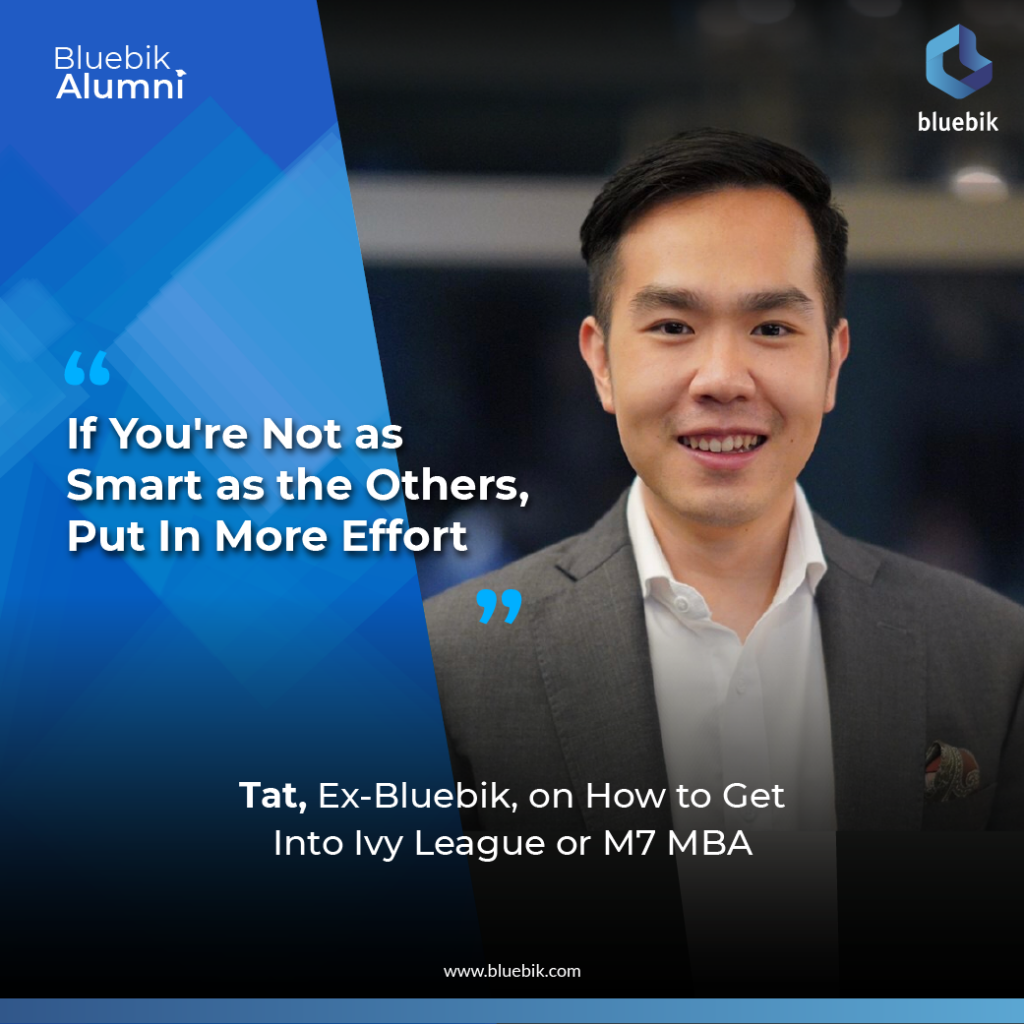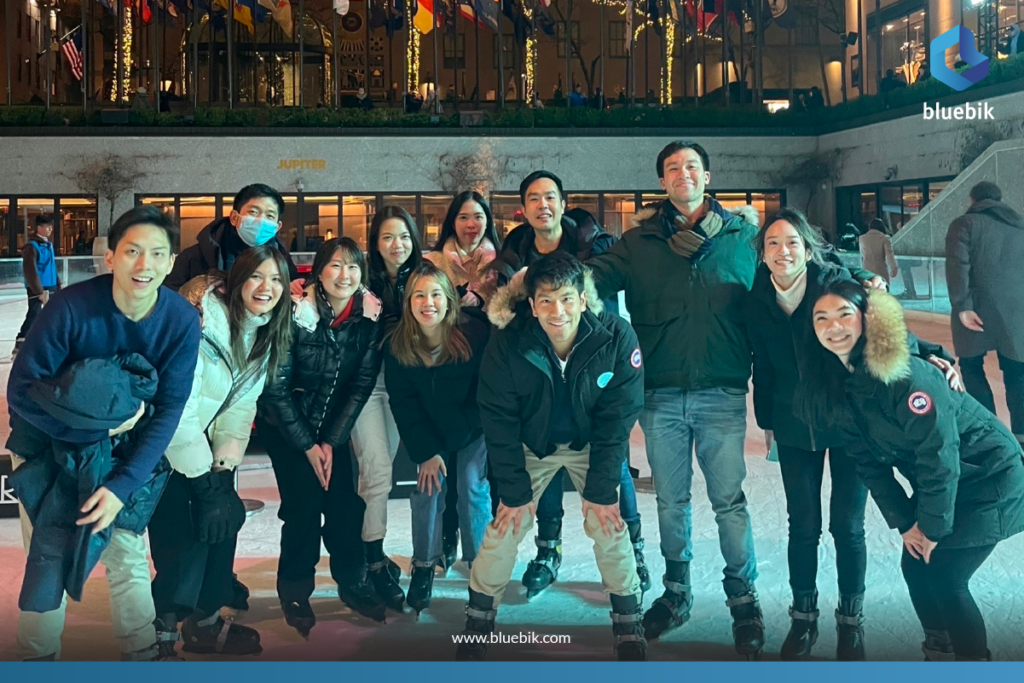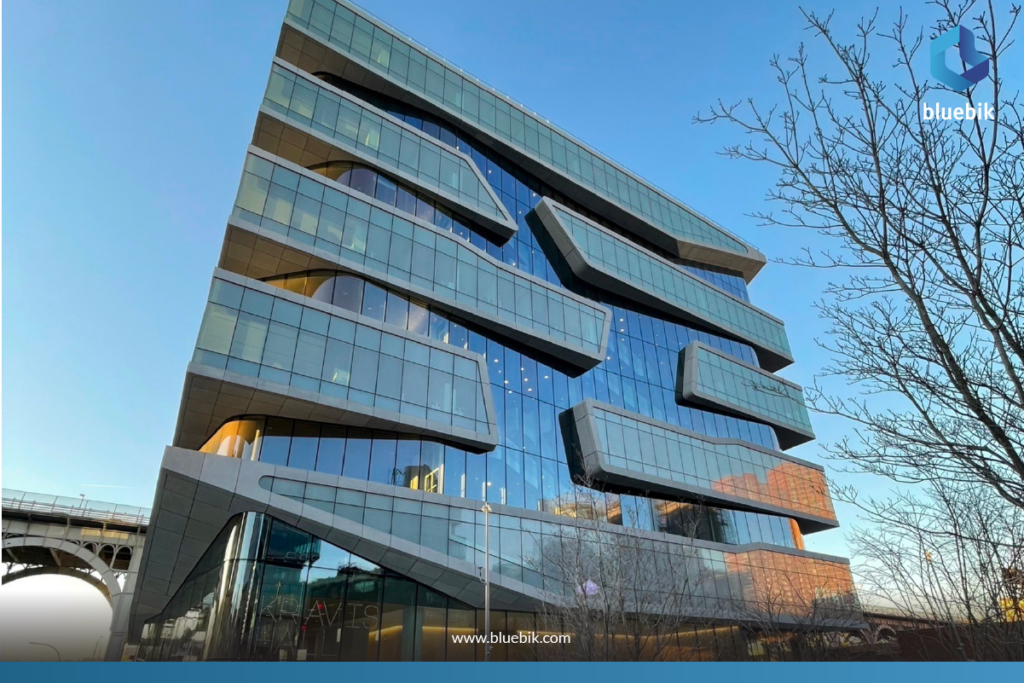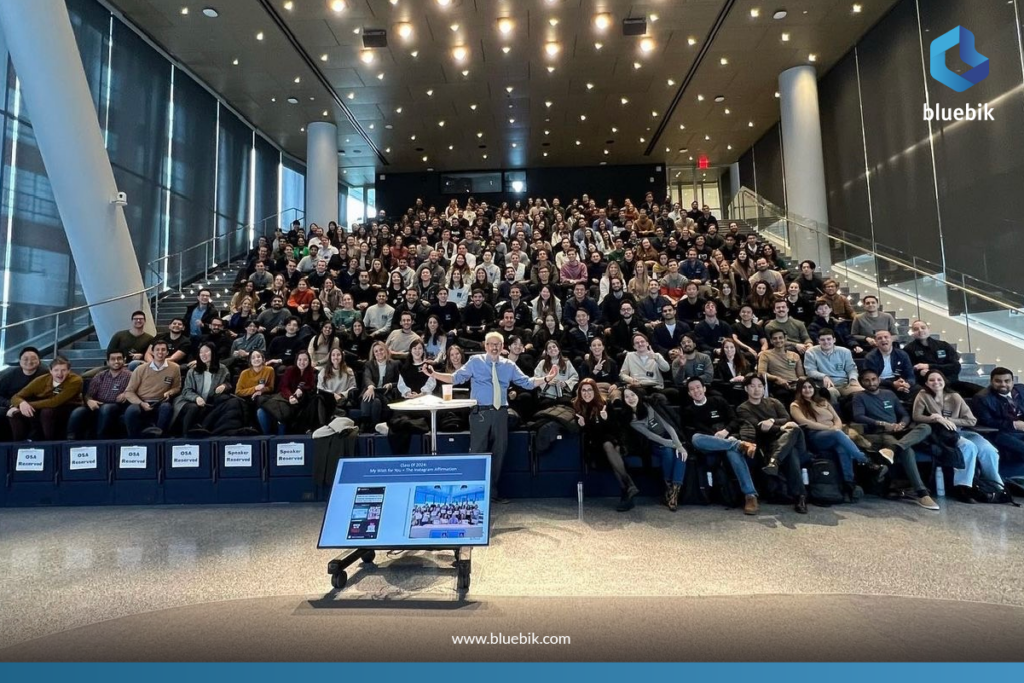“In middle school, there were 121 students in my class, and I ranked academically at 119.”
You wouldn’t want to believe your ears if you knew Teeratat “Tat” Arayakarnkul because he’s now an MBA candidate at Columbia University, one of the most prestigious ivy league institutions in the US.
Before this, Tat worked in marketing for a parking innovation platform, a subsidiary of Bluebik. He also worked as an Associate Category Manager at Lazada Thailand.
And before that, Tat was an undergraduate at the International School of Engineering, Chulalongkorn University.
How did a low-ranking student become a marketing all-rounder and an ivy league MBA candidate?
Now Tat’s ready to share his story.

What is your dream job?
Ever since I can remember, I’ve wanted to be an entrepreneur because I grew up running around my grandparent’s mom-and-pop shop. In primary school, my parents didn’t give me any allowance. Back then, there was a snack that came with Pokemon tokens.
Once I ate the snack, I’d sell the tokens to my classmates and use that money to buy more snacks.
To this day, I still want to start my own business, but I haven’t figured out what I’d do yet. I only know I want to be an entrepreneur who gives back to society, so I’m now exploring my options.
Since you want to be an entrepreneur, why did you study engineering?
At first, I didn’t have a preference for any faculty in particular, and my parents wanted all their children to study anything vocational. Thus, I chose to study engineering. Also, information technology was trending, and my major focused on all things information technology – software, coding – so I thought they would come in handy in the future.
After graduation, what did you do before you came to Bluebik?
I tended to the family business for a while. My responsibility was in sales and marketing, in which I had no prior education. So, I looked up the internet and just gave it a go. The good thing about helping out with the family business was I could experiment until I found out what worked or didn’t and used the findings to improve the business.
After that, I worked at Lazada Thailand as an Associate Category Manager. The job was a mix of sales and marketing, and the goal was to grow the category as much as possible with as few resources as possible.
What was your responsibility at Bluebik?
Mainly marketing. I laid out the marketing plan for a parking innovation start-up, a subsidiary of Bluebik. I also helped with hardware imports from China. Later, I also worked as a project manager for platform-related projects.
What did you like most about working at Bluebik?
I liked having international exposure. I had always lived and worked in Thailand. Although I studied in an international program at university, all my classmates and professors were Thai. So, working at Bluebik was my first exposure to a multinational environment.
Previously, I’d assume that my colleagues shared similar backgrounds. However, when I worked in a multinational setting, I realized nobody’s the same. To succeed at work, I need to get to know each of them individually and open up to their views.

Was there a learning curve working in a global setting?
Once there was a conflict within the team. We argued as we didn’t know each other’s intentions. But it was more of a communication issue than anything else; while Thai people tend to compromise, people from different cultures tend to be straightforward. So, the message got lost in that different styles of communication.
How did you come to that conclusion?
We opened up to each other and talked until we were on the same page. On my end, I needed to improve how I communicate, too.
Did that incident change your style of working? For example, did you become more straightforward than compromising?
We need both in the mix. You need to understand your team culture. If your team dislikes straightforwardness, you’ll need to find a way to talk to them without hurting their feelings.
I think of communication as an art, and working in such a diverse environment allowed me to practice my communication skill with different people.
Why did you decide to pursue a master’s degree?
First of all, I still wanted to start a business. Although I could learn some topics myself, I wanted to dive deeper.
Secondly, I wanted to connect with foreigners as I might be able to collaborate with them in the future.
And lastly, I want to broaden my perspective because many businesses started overseas before they came to Thailand. Therefore, I might see business opportunities abroad and bring them back to Thailand.
How did you prepare yourself for the application?
I started by setting a goal, which is standard practice if you want to get into an MBA program. I’m interested in health care because I have an incurable medical condition that requires expensive treatment. So, I wish to do something to help Thai people have better access to such treatment.
Then I chose the university. My criteria were that it must be famous for healthcare and other industries, and Columbia was the first university that fit those criteria.
After that, I studied extremely hard for GMAT. After work, I’d study from 9 PM to 3 AM the next day and kept at it for almost five months.

What was the key success factor of your MBA application?
Effort. To be honest, I wasn’t book-smart at all. I can clearly remember that in middle school, there were 121 students in my class, and I ranked academically at 119.
I was looked down upon, so I used that energy to push myself further. If you’re not as smart as the others, you need to put in more effort. Thus, I put in as much effort as possible and never stopped doing so.
For example, my GMAT scores were terrible at first, so I pushed myself harder and harder. I studied harder for months on end. I sacrificed everything; I didn’t talk to friends or watch a single movie at the time.
I also put in extra effort for the personal statement. Some people might need a week to write, but it took me at least five months to craft it because I knew my English was not that good. I contemplated how to tell my story to stand out from the crowd and consulted with at least 20 people. I gave it my all.
So how exactly did you tell your story in your essays?
There were three prompts:
- What is your goal?
- Why did you want to study in Columbia?
- Write about a movie, song, or book you like.
For the first question, I wrote about my goal in healthcare. I explained why I was invested in this cause, how my previous experience helped with my purpose, what gaps needed to be filled to achieve my goal, and how studying at Columbia would help me fill those gaps.
How did working at Bluebik prepare you for the application?
Bluebik taught me how to think systematically. As I wrote the essays, I planned how to shape my storyline to make it interesting. Instead of treating the prompts as three separate questions, I connected all my answers and ensured each answer complemented the others. So, I wasn’t limited by the word count restriction at all.

What’s it like studying at Columbia?
This is only my first month here, and I have to say that it is quite a challenge. Assignments can be expected from every class, and half of them are group projects.
Moreover, I’m still adjusting to how classes are carried out here. It’s totally different from Thailand. Here, the professors expect a lot of participation. I need to read a lot to prepare for in-class discussions.
Overall, it requires a lot of energy for a successful study, so it’s pretty tiring. I hope the situation will improve once I get used to it.
Is there something new you’ve just found out there?
Here, the professors encourage the students to experiment and not be afraid of being wrong. And the best part is that they won’t judge you at all.
For example, when the professor asks you a question, and you can’t explain your thoughts very well, he will try to help you with your words and get your ideas out. It’s okay even if your answer is wrong because he will then guide you to the correct answer. To me, it feels like a very safe space to learn.
Do you consider yourself someone who isn’t afraid to be wrong?
Actually, I am afraid of being wrong. Since I was young, at school, I’d be seen as an outcast if I did anything different or had different ideas. That had made me quite fearful of getting out of my comfort zone or being wrong.
However, when I worked at Bluebik, I started to get out of my comfort zone and try new things. Actually, there was a time when I interned as a consultant at Bluebik. I was very new to the scene, but the manager asked for my opinion without judging and even developed my ideas further.
And being here, I tried to step out of my comfort zone even more. The first few days, I couldn’t bring myself to raise my hand. But this one time, a professor called me to answer a question. I did, and he smiled and said that was a good answer. I didn’t think it was a good answer, but it gave me the confidence to raise my hand the next time.
So far, what do you like most about studying for an MBA degree at Columbia?
It’s the thing I just talked about. I like that they encourage everyone to participate. I’ve changed from someone afraid of being wrong to someone who dares to speak in class. I felt like I’d grown a lot.
Lastly, is there any advice for readers aspiring to work at Bluebik and study abroad?
Find out what you genuinely want to study. Once you do, find out which university will help you achieve your goals. Then all you need to do is put in as much effort as possible. I truly believe that effort will get you wherever you want to go.




